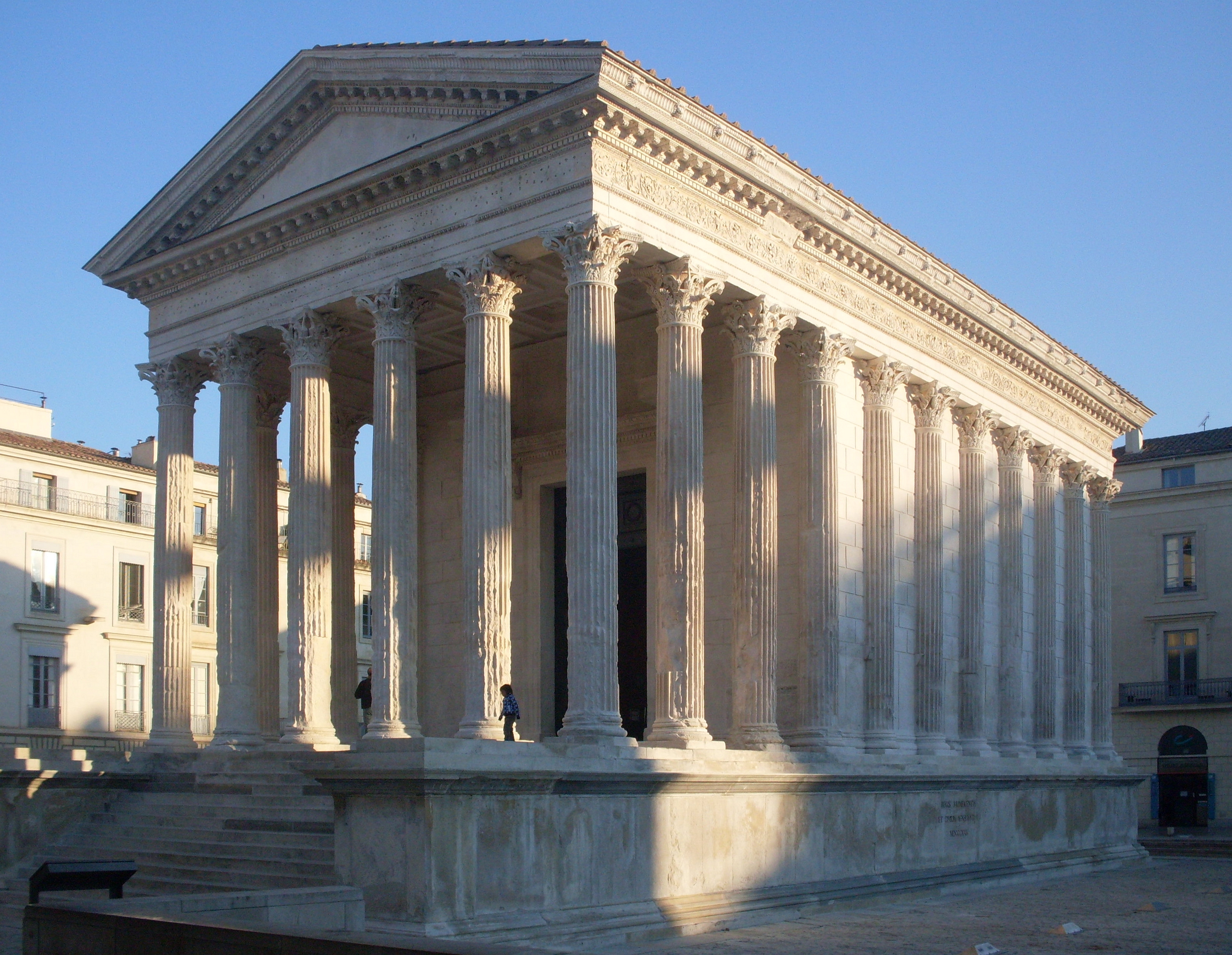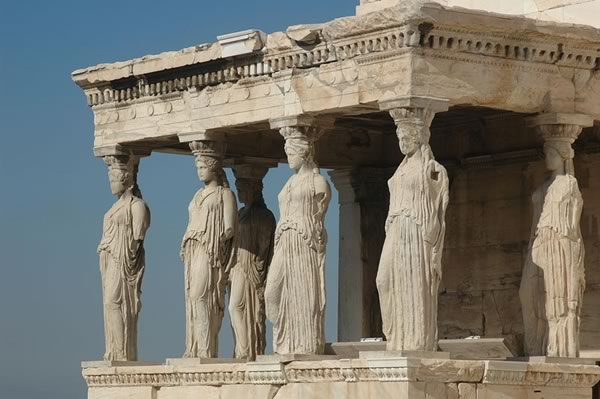https://www.youtube.com/playlist?list=PLBDA2E52FB1EF80C9
- Please review this cram packet: https://mrsclarkapworld.wikispaces.com/file/view/1750-1914%20Cram%20packet.pdf/72616723/1750-1914%20Cram%20packet.pdf
- Use this quizlet: https://quizlet.com/102496688/unit-4-world-revolutions-flash-cards/
- An explanation of feudal japan: http://www.ask.com/government-politics/role-daimyo-feudal-japan-652ef312fc147702
- Why imperialism? http://www.regentsprep.org/regents/global/themes/politicalsystems/imperialism.cfm
- Causes of WWI http://www.ducksters.com/history/world_war_i/causes_of_ww1.php
- Effects of WWI http://www.mapsofworld.com/world-war-i/effects.html ALSO women gained the right to vote because they were demanding it and made up a large part of the workforce
SAMURAI WOMAN 12th CENTURY
TOKUGAWA ART
WWI propaganda




_002.jpg)







